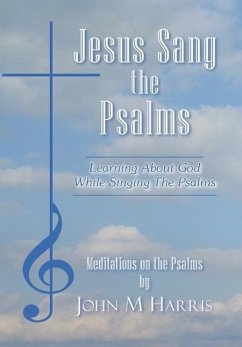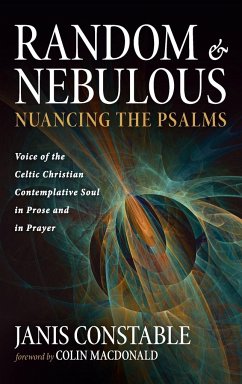Believing that repetitive use of poetry, especially when set in musical form, makes a profound and enduring impression on the intellectual development of the mind, the author uses a series of sermons to explore how the Psalter helped a young, maturing Jesus understand God whom He usually called Father. The instructions, prayers, and praises from the Psalms describing the relationship between God and daily life as Israel's poet experienced it are just as formative for the twenty-first century as they were more than 2500 years ago. When read with gentle care, the Psalms nourish the mature saint or the most skeptical critic as they have every generation since King David. Across these many centuries the words have remained constant, but the applications change regularly, just as each generation composes new tunes and a slightly adapted poetic form. With a sense of scholarship, history, tradition, and current events, this book looks at a few of the 150 Psalms that comprised what some have called Israel's hymnbook. What did Jesus learn about God as He heard and perhaps sung their words? Would we benefit from learning these same lessons? These words are written for both traditional and contemporary minds. It is the opinion of the author that the ancient poets of Israel, if they were alive today, would embrace both our traditional and contemporary styles of worship. There would be no reason for either one to reject the other. There is only one God. Our praise and worship is dependent on attitude, motivation, integrity, and sincerity rather than instruments, rhythm, volume, and tune.








